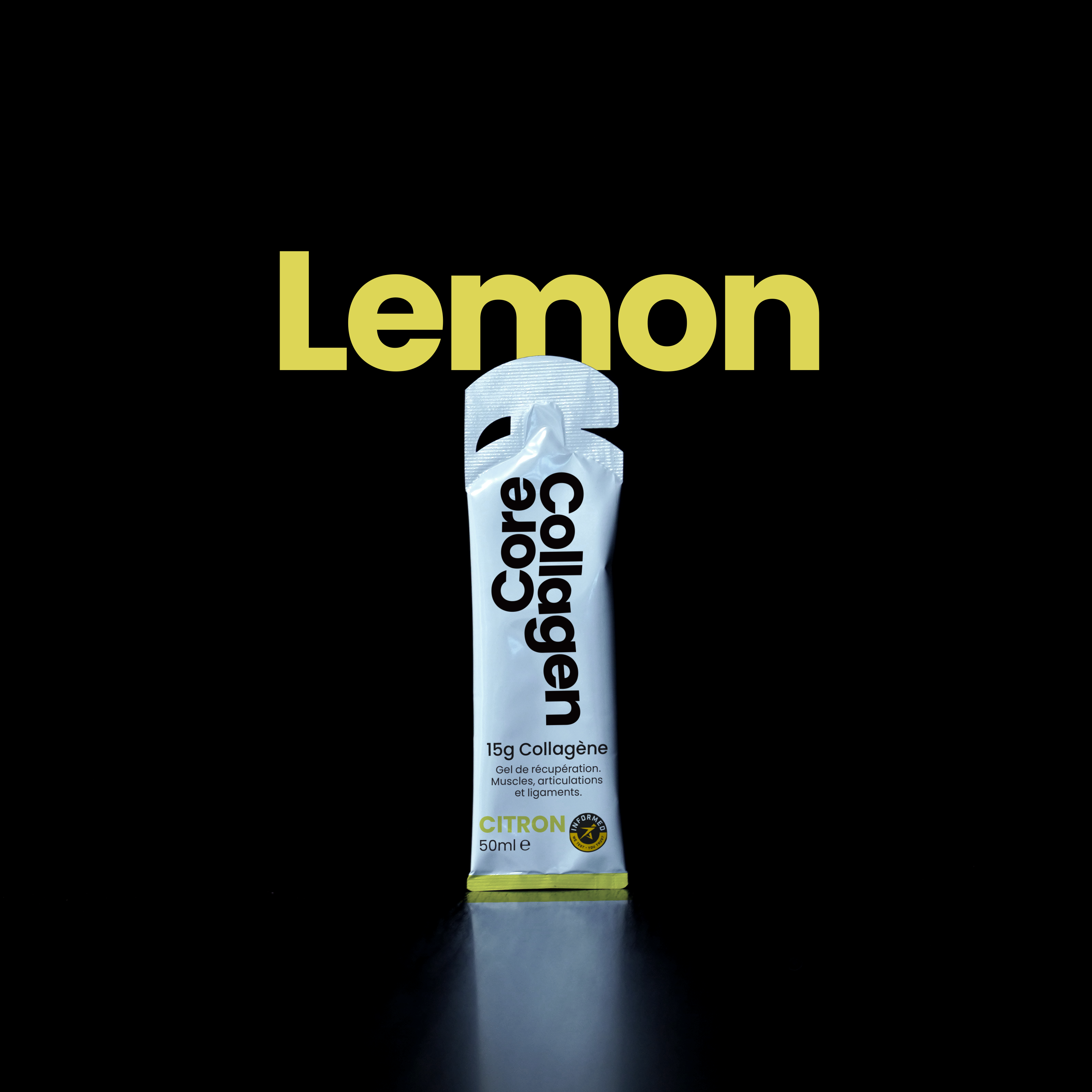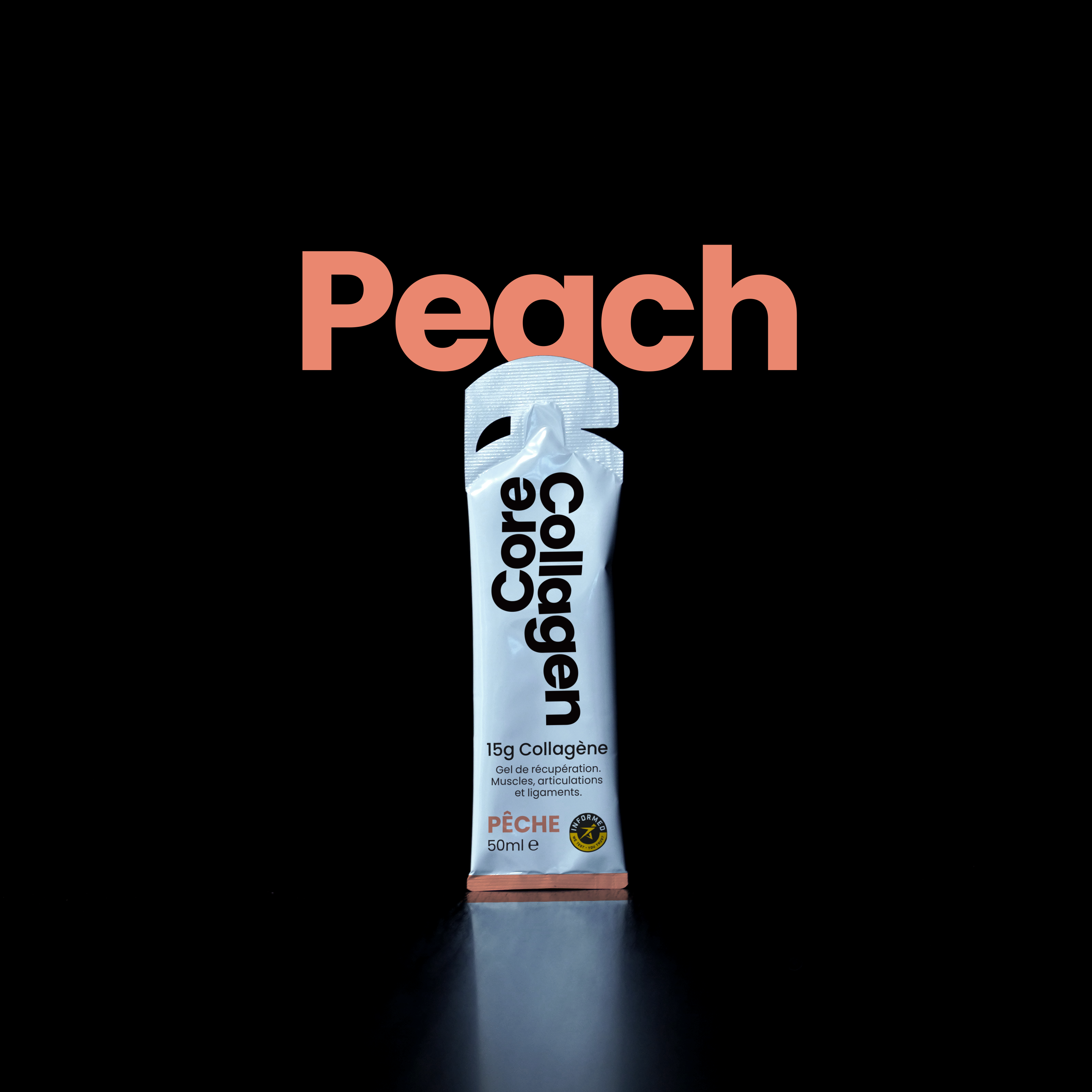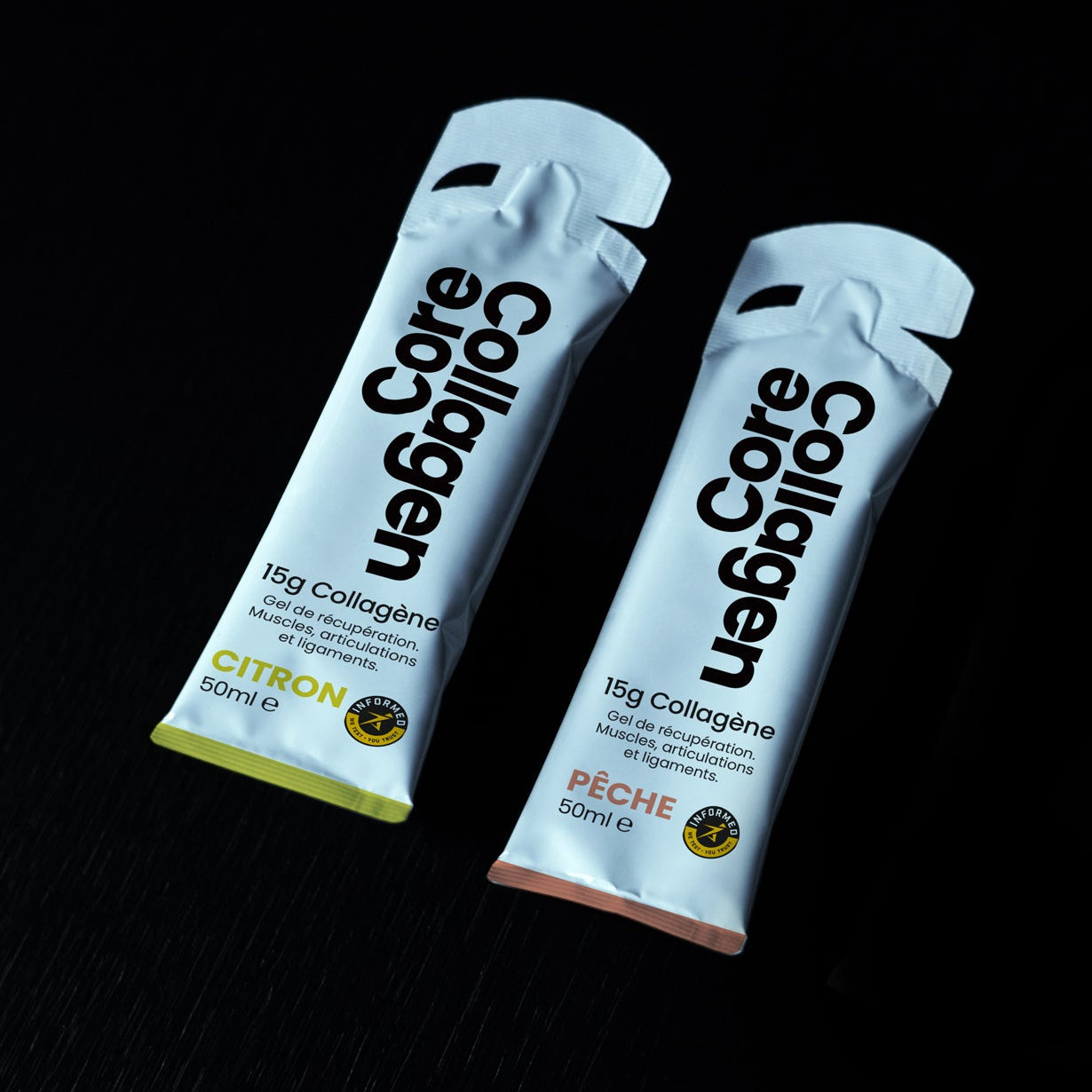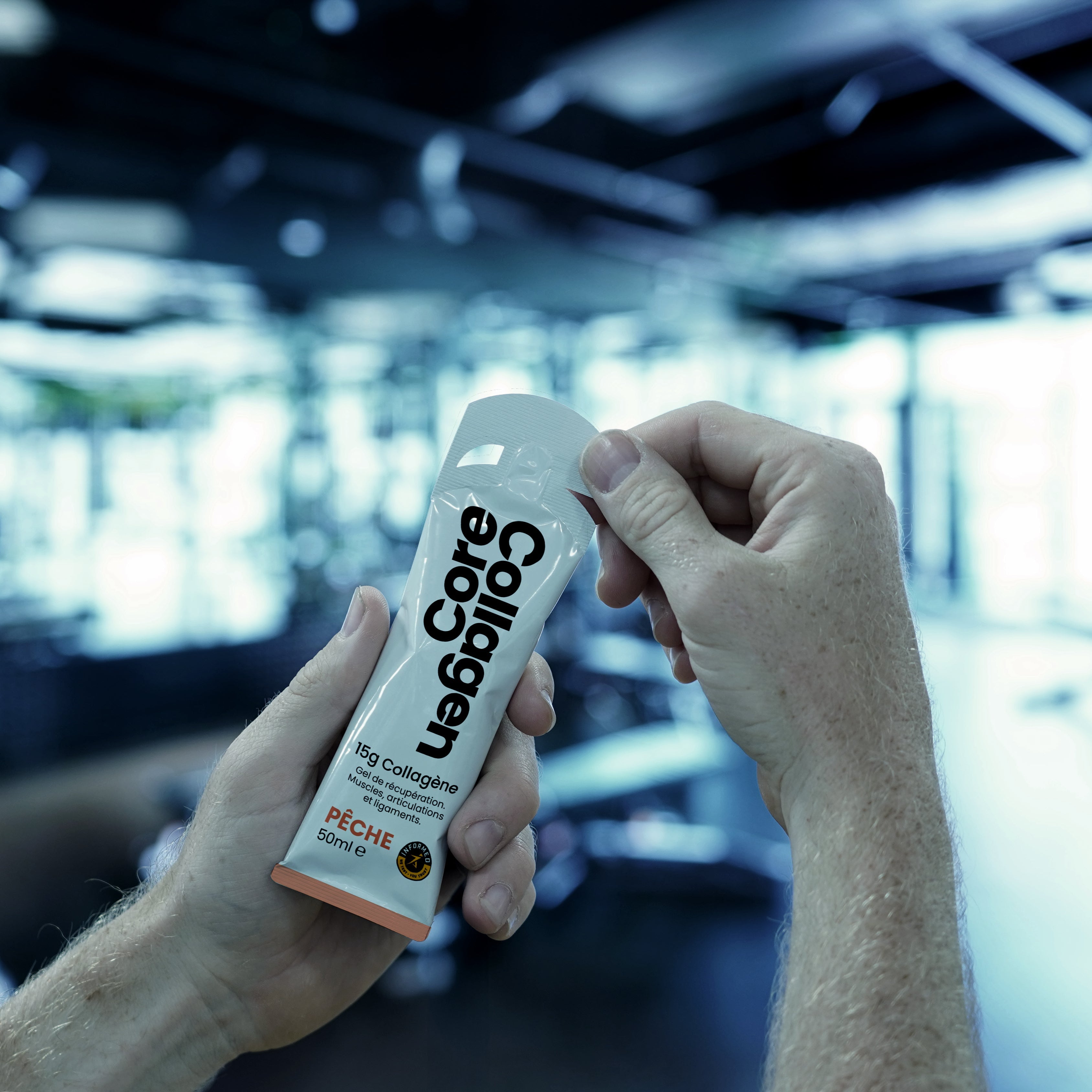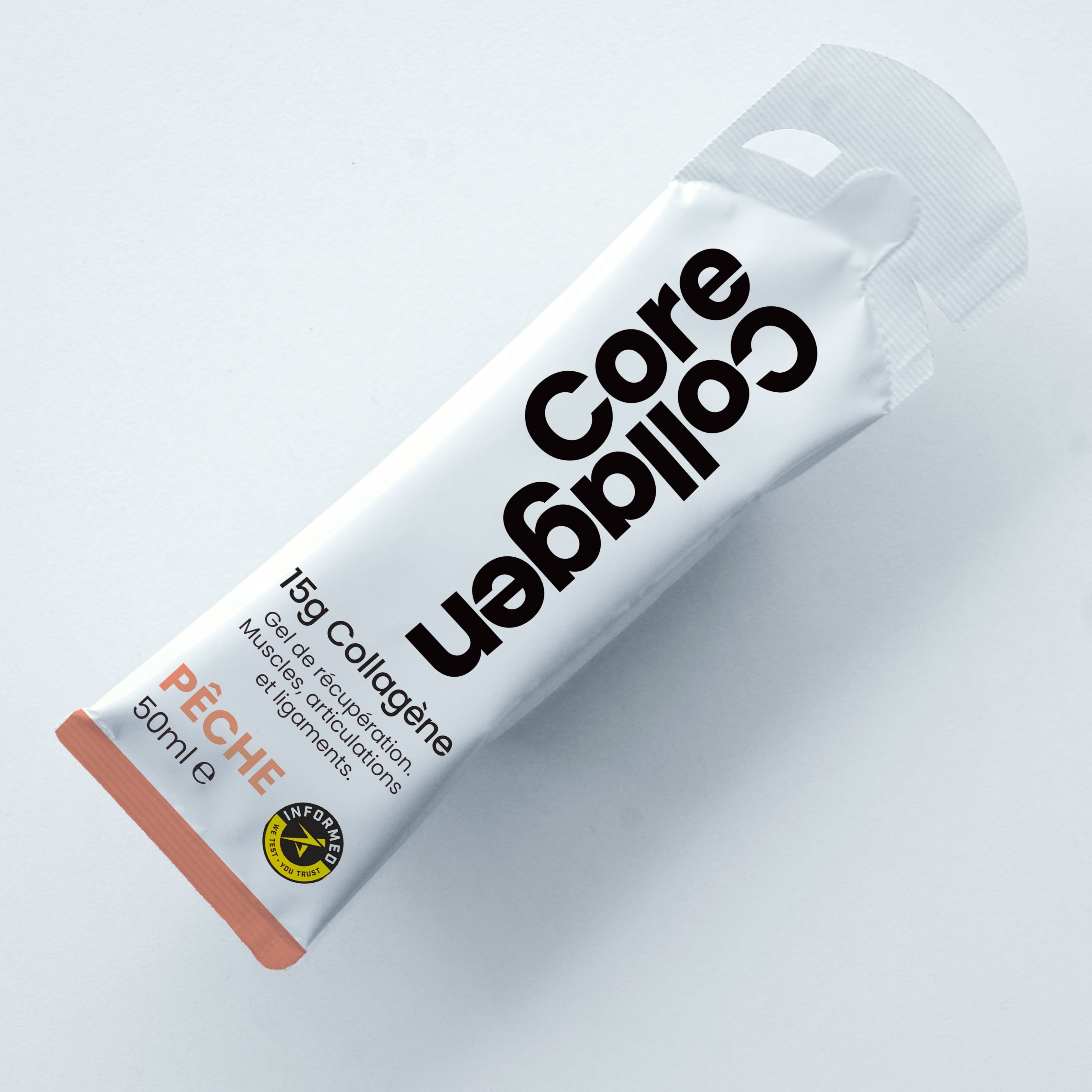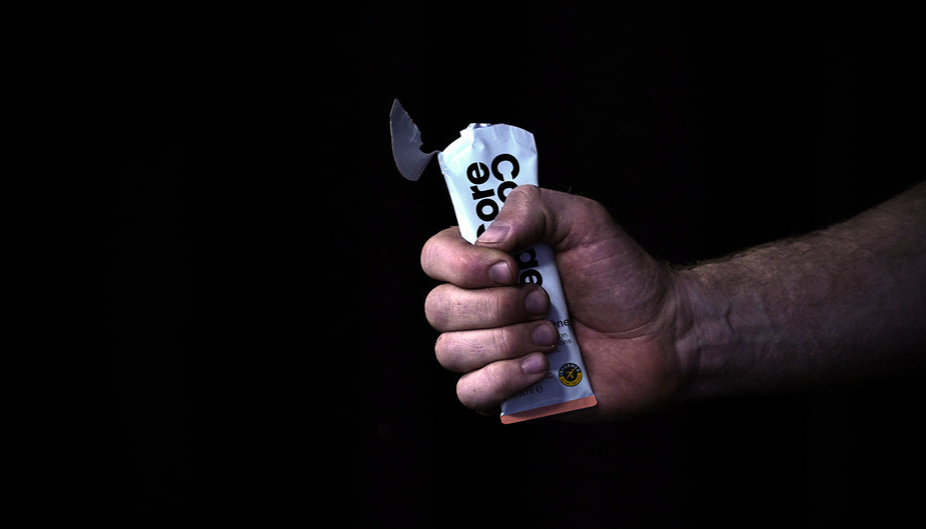Collagen Benefits for Endurance Athletes: Go Further, Recover Faster

Endurance sports are a test of both mind and body. Whether it’s the steady grind of marathon training, the endless hours on the bike, or the swim-bike-run routine of triathlon, the demands are relentless. What many athletes underestimate, however, is the toll that long, repetitive training takes on the body’s connective tissues—tendons, ligaments, and joints.
This is where collagen, a protein often associated with skin health, reveals its deeper role as a foundation for athletic performance. For endurance athletes in their thirties, forties, and beyond, maintaining healthy collagen levels can be the difference between consistent training and weeks lost to overuse injuries.
The endurance athlete’s challenge
Unlike sprinting or heavy lifting, endurance sports involve repeated, low-to-moderate impact stress over long durations. Every stride on the road, every pedal stroke, every swim lap relies on connective tissues absorbing load and transmitting power efficiently.
Over time, that constant stress can wear these tissues down. Collagen, which makes up the majority of tendons and ligaments, becomes harder to replace as the body’s natural production declines with age. This is why endurance athletes in their late 30s and 40s often start to feel persistent knee pain, Achilles tightness, or hip stiffness that lingers after long sessions.
It’s not just fatigue—it’s the body signaling that its collagen reserves are under pressure.
Why collagen matters in recovery
The body naturally repairs tissues after training, but recovery is slower when collagen stores are depleted. Supplementing with collagen peptides has been shown to support connective tissue repair, reducing soreness and speeding up the return to training.
One of the most promising areas of research suggests that taking collagen with vitamin C before light exercise can stimulate collagen production directly in tendons and ligaments. For endurance athletes, this means stronger tissues that are more resilient to repetitive strain.
Collagen also contributes to joint lubrication and elasticity. By keeping joints functioning smoothly, athletes can maintain higher training volumes without the same risk of discomfort or injury that often forces time off.
A practical strategy for endurance athletes
For runners, cyclists, and triathletes, the question is not whether collagen plays a role—it’s how best to integrate it. The most effective approach is both simple and consistent.
- A daily dose of around 15 grams of hydrolyzed collagen peptides appears to provide meaningful benefits.
- Pairing collagen with vitamin C ensures that the body can convert it effectively into new connective tissue.
- Taking collagen about 30–60 minutes before a session—whether it’s a recovery ride, swim, or easy run—can maximize its uptake.
Unlike quick fixes, collagen supplementation works gradually. Over weeks and months, athletes often notice that soreness fades faster, joints feel less irritated, and training consistency improves.
Why format matters
Endurance athletes are used to gels—for fueling, hydration, and electrolytes. Applying the same convenience to recovery makes sense. A ready-to-go collagen gel removes barriers: no mixing powders, no clumpy shakes, no extra calories to balance against training diets.
Consistency is what drives results. If collagen is easy to take on the bike, in transition, or immediately after a run, athletes are far more likely to keep up the habit and benefit from the cumulative effects.
Going further, for longer
Endurance sports demand resilience. The hours of training, the thousands of movements, the discipline it takes to build fitness—all of it rests on a foundation of healthy connective tissue. Without strong tendons, ligaments, and joints, even the best-trained athlete is vulnerable to setbacks.
Collagen supplementation is not about chasing shortcuts. It’s about reinforcing that foundation, ensuring that endurance athletes can continue to push their limits, recover well, and keep enjoying their sport into their forties, fifties, and beyond.
👉 Core Collagen Gel was developed with this in mind: a ready-mixed, 15g collagen gel with vitamin C for faster absorption—made to support recovery, resilience, and longevity for athletes who want to keep going further, for longer.
Summary
- Collagen supports tendon, ligament, and joint recovery in endurance sports
- Endurance athletes face repetitive stress injuries without adequate collagen
- Collagen production declines with age, slowing recovery
- Hydrolyzed collagen peptides are best for absorption
- Vitamin C is essential for collagen synthesis and repair
- Taking collagen before light training boosts tendon and ligament strength
- Daily collagen reduces soreness and speeds recovery after long sessions
- Collagen gels are convenient for runners, cyclists, and triathletes
- Stronger joints and tendons help endurance athletes train consistently
- Core Collagen Gel delivers 15g collagen + vitamin C for endurance recovery

